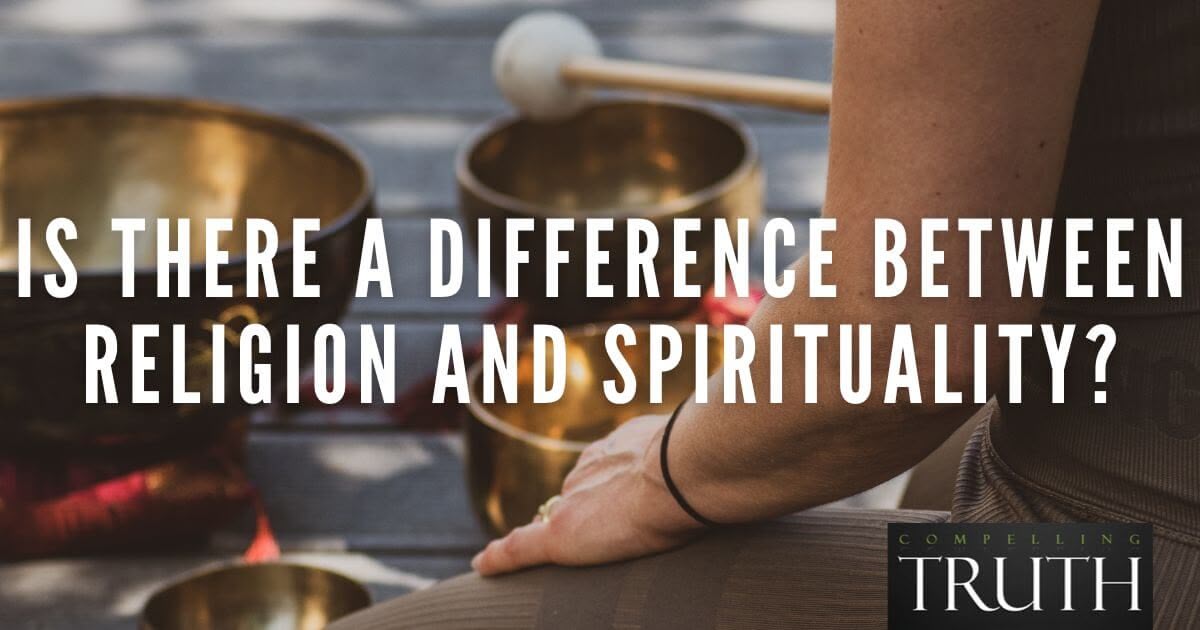what does the bible say?
The Bible does not support the concept of karma, which teaches that actions determine future fortune or misfortune across lifetimes. Instead, Scripture emphasizes God’s sovereignty, stating that human destiny is determined in this life, not through reincarnation (Hebrews 9:27). In this life, though, actions have consequences, and the Bible teaches the concept of reaping and sowing (Job 4:8; Proverbs 11:18; 2 Corinthians 9:6; Galatians 6:7). However, salvation is based on God’s authority, grace, and righteousness, not human effort (Galatians 6:7–8). It is a gift from God through faith in Jesus Christ, not earned by good deeds (Ephesians 2:8–9). Christians are called to trust in God’s justice and share the hope of the gospel, which offers reconciliation and eternal life through His grace.




